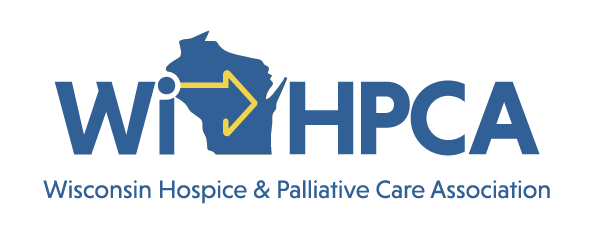On August 15, the Governor’s Task Force on the Healthcare Workforce held its final public meeting, during which it approved the following recommendations. These recommendations will be submitted to the Governor for potential inclusion in the Fiscal Year 2025-2027 budget request that he will submit to the Legislature in early 2025.
- Support Faculty
-
- Expand existing incentive programs for nurse and allied health educators (e.g., loan repayment).
- Increase state support for higher education for the purpose of increasing educator compensation in order to make these positions more competitive.
- Strengthen Clinical Training and Experience
-
- Continue the state-funded Qualified Treatment Trainee (QTT) grant program, which provides supervision for certain new mental health care professionals.
- Direct funding to state institutions of higher education to develop or strengthen clinical training partnerships with health care employers and professionals.
- Expand experiential learning tools (e.g., simulation labs).
- Reduce Barriers to Training for Wisconsinites
-
- Continue sustainable funding for “wraparound services” for students in need (e.g., childcare, transportation).
- Continuation and expansion of the WisCaregiver Careers Program to train direct care professionals.
- Reduce cost of completing a Certificate of General Educational Development (GED) or a High School Equivalency Diploma (HSED)
- Increase training grants for allied health professionals and advanced practice clinicians.
- Expand Apprenticeship Programs in Wisconsin
-
- Increased funding for state apprenticeship programs.
- Expand Other Learning Opportunities
-
- Continue the Worker Advancement Initiative – a grant program that helps Wisconsinites enter and advance in the healthcare workforce.
- Strengthen “dual enrollment programs’ in secondary schools. These programs help students finish post-secondary coursework before graduation and earn certification and/or occupational licenses.
- Recruitment and Retention
- Increase Payer Support for Recruitment and Retention
-
- Expand Medicaid to increase funding for strategic healthcare workforce development.
- Increase Medicaid reimbursement rates to strengthen the workforce for Wisconsinites who are aging or disabled.
- Increase Medicaid reimbursement rates to strengthen the behavioral health workforce.
- Recruit and Retain in Areas of Need
-
- Expand state incentives for health care professionals working in state-defined shortage areas.
- Support Regional Innovation
-
- Support employer-based workforce development solutions with provider innovation grants.
- Support regional collaboration for workforce development through Workforce Innovation Grants.
- Provide resources to healthcare workers and connect them to healthcare benefit opportunities (for those who lack healthcare benefits).
- Support New or Expanded Pathways to Licensure
-
- Authorize Medicaid reimbursement for community-focused providers.
- Support licensure pathways for qualified foreign educated professionals.
- Ratify and enter into multi-state licensing compacts.
- Revise faculty educational requirements.
- Strengthen State Capacity for Regulation
-
- Maintain licensing improvements and enhance licensing support for applicants, employers, educators, and other stakeholders.
- Strengthen Workforce Monitoring and Support
-
- Increase licensee wellness programming to support retention.
- Analyze existing data and gather additional data on the health care workforce.
